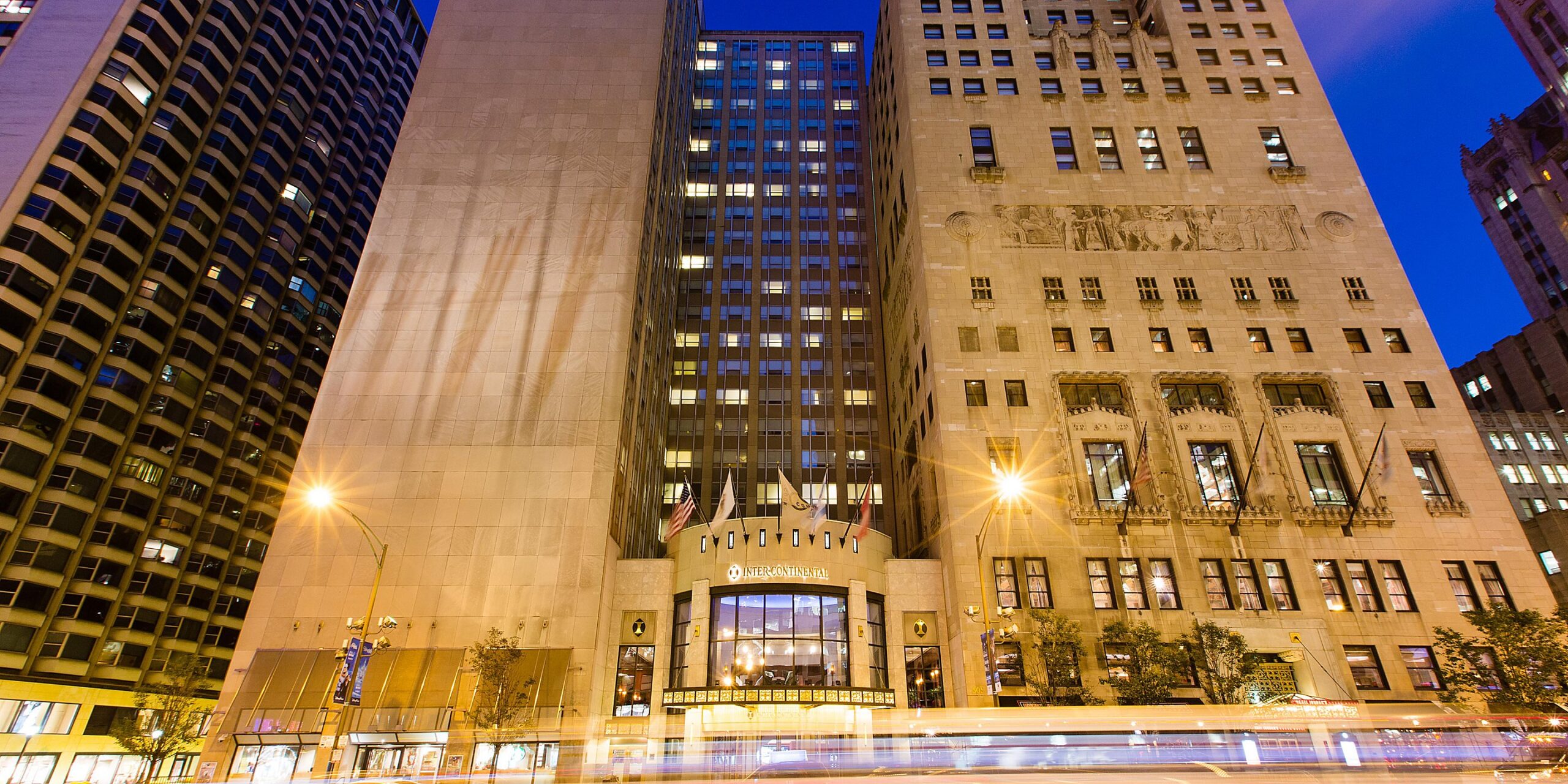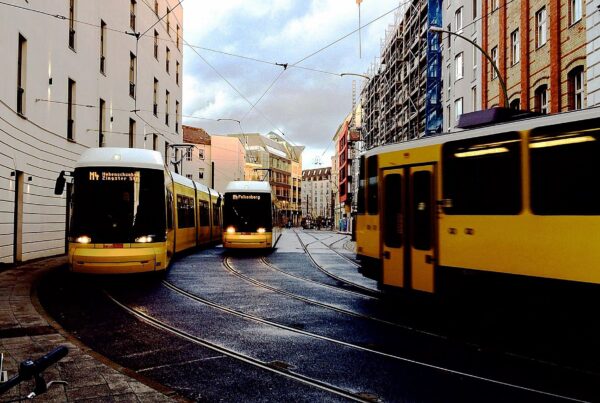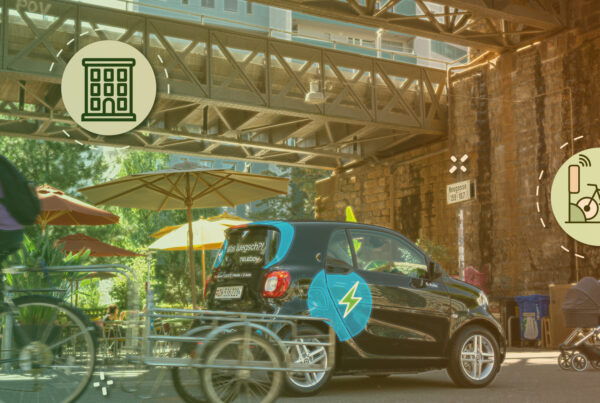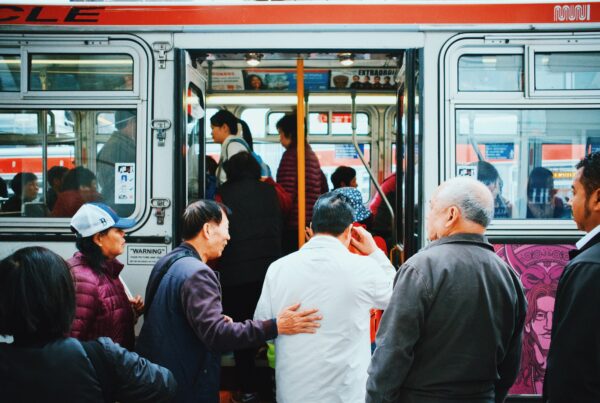The Mobility Hub
Your weekly guide to the latest in shared mobility
SUMC News and Announcements
Our 2022 National Shared Mobility Summit will be in person
Collaborate across sectors and borders on mobility that works for everyone on May 17 & 18 at the InterContinental Hotel on Chicago’s historic Michigan Ave. See you there!
And the final vote on the Infrastructure Bill is…on hold!
In case there’s a final decision, Yonah Freemark’s table breaks down how funds will potentially be spent. (Thanks, Yonah!) Of course, the implementation of the law itself is what brings change. It must be equitable and sustainable in practice.
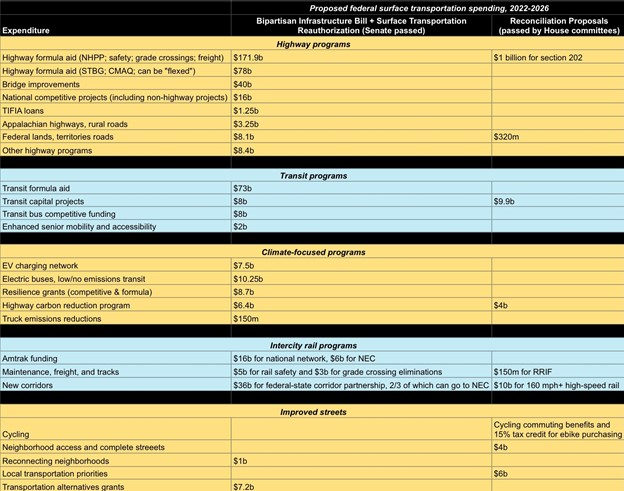
New project overviews from driverless vehicles to contactless payments
The second week of fall brings cooler temperatures and more brief overviews of exciting shared mobility projects on the SUMC Learning Center. Grab a warm cup of coffee and read about two fare-free autonomous vehicle projects in Colorado and Michigan and new contactless fare payment programs in Sacramento and Omaha.
A retreat for those who support community transportation
ITNAmerica is holding its 14th annual retreat, Community in the Cloud, on October 20 and 21. NGOs, public agencies and mobility providers, small communities, and businesses can learn how to achieve economies of scale with an affordable technology platform, engage on a cloud-based network, and strengthen community connections. Registration is free and open to all.
Save the date for a dialogue on micromobility!
CORRECTION: In the September 17 issue, the link to learn more about FTA funding under the Route Planning Restoration Program was incorrect. The correct link is here. As previously stated, the deadline is November 15.
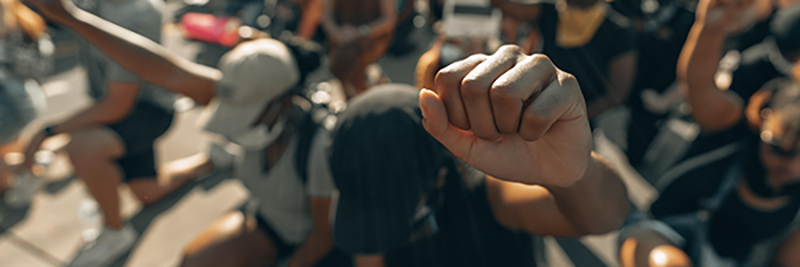
Mobility Justice
A new guidebook by TransitCenter and the Center for Neighborhood Technology helps transit agencies adopt community-focused strategies to equalize access to jobs, services, and resources. (Currently, this is far from the case.) Their advice: Develop an equity strategy and prioritize it. Conduct outreach that builds public trust. Evaluate based on multiple agency metrics and set higher standards.
Cities Today gathered leaders from Pittsburgh, Charlotte, Houston, and the firm Deloitte to discuss Pittsburgh’s mobility hubs and MaaS integration program (go Pittsburgh!) and the importance of guiding transportation projects through an equity lens that works on paper and on the ground.
Empowered by a $1 million grant from The National Science Foundation and soon to be powered by the sun: a mobility hub with bikeshare, e-scooters, free WiFi, a mobile health clinic, and a food pantry. It’s happening in Austin, TX to fill a transit desert in an area that’s 75% Latino and 45% transit-dependent.

Ridehailing/Carsharing/Carpooling
Your default pickup option in the UK on European ridehail player Free Now’s app is now an electric vehicle. The company pledges to get every vehicle on its UK platform “zero-emission capable by 2025” and targets that “100% of their trips will be zero-emission by 2030 across all key European cities.”
The taxi industry strikes a blow to ridehailing in Beijing with AutoNavi, the map app owned by Alibaba, that now offers taxi-hailing services directly from over 100 small and medium-sized taxi companies—putting it in direct competition to local giant Didi Chuxing.
Thumb Area Transit in Huron County, MI partnered with Uber to offer on-demand rides through the ridehail company’s app that boost regional mobility options in a 10-mile radius around downtown Bad Axe, MI.

Bikesharing & Micromobility
100 miles of bike lanes, as planned by Chicago Department of Transportation, are heading to Chicago streets this year and into 2022—with a big focus on the city’s South and West sides. While this is a win for cycling advocacy, Better Streets Chicago rightly points out that the new lanes are sorely lacking protection.
The UK fuel crisis is roiling drivers who can wait hours in a queue for a liter of petrol, but micromobility maven Dott aims to ease fuel anxiety and GHG emissions with free scooter rides in London for all users and unlimited free trips to NHS health workers until October 10.
Chicago folks, imagine a bike and pedestrian bridge crossing Lake Calumet that connects to a network of safe bike lanes around the Southeast side—at half the price of the Navy Pier Flyover. Well, Active Transportation Alliance, Chicago Metropolitan Agency for Planning, and Friends of Big Marsh are inching this closer to reality with the Lake Calumet Trail Feasibility Study.

Transit
Three brand new BRT (bus rapid transit) systems are about to break ground! Ogden, UT, Albany, NY, and Vancouver, WA were awarded a combined $164.1 million through the FTA’s Capital Investment Grants, allowing for exclusive bus lanes, enhanced bus stations, new buses, service improvements, and more.
The silver line is the next phase of rail transit in Charlotte, North Carolina, and sure, 29 miles of transit will transform the city. But with the rail bypassing uptown and set to stop a mile from the airport, transit advocates question whether the route is for ridership potential or real estate development.
NextCity shared this moving call for free public transit in Richmond, VA by Wyatt Gordon and Faith Walker that holds true just about everywhere. In case you’re too busy to read it:
“The bus doesn’t care if you can’t afford a car, if your disability disallows driving, or if you’ve just had one too many drinks. As long as you’re waiting at a stop, the bus will pick you up and carry you home—no questions asked.”
“The nurses in your hospital, the clerks at your local supermarket, and the custodians at your office or university represent just a fraction of the folks that rely upon the bus every day to get to work, to pick up their kids from school, and to shop or to seek out healthcare. Without access to fast, frequent, and reliable public transit, much of our economy and our society would come to a screeching halt.”

Technology
Cleaner transit is pulling up in Austin, Texas after Capital Metro approved the purchase 26 Proterra electric buses with the option to add on 126 more with chargers over 5 years—one of the largest acquisitions of electric buses in North America. The first bus will be delivered in 2022, helping the city get a start on its goal of transitioning its entire 400-vehicle fleet.
Robotaxis will be hitting LA streets via autonomous startup Motional in the upcoming months with trained drivers testing the cars and evaluating the AI systems’ safety before their public premiere. Want to hop in? Keep an eye out for the dome on top.
Perch and LAZ Parking are determined to power up inefficient scooter-charging stations with their new Community Charging Portals. Made from customized recycling shipping containers, they deliver up to 250kWh of charging per day and have the capacity to charge 84 scooters.

Sustainability
Light-duty vehicles are responsible for 58% of GHG emissions from transportation, and electrifying them is a great way to lower emissions. However, focusing only on EVs and funding the highways and roads they travel on while ignoring public transit and active transportation enforces private vehicle use, effectively fueling the climate crisis.
Are companies responsible for the carbon emissions their products emit? One NGO in Germany, Deutsche Umwelthilfe (DUH), filed a lawsuit against automotive companies BMW and Daimler for refusing to tighten their carbon emission goals. While the firms say their current targets are in line with the international Paris Agreement, DUH argues that the goals don’t adhere to the carbon emissions budget from the IPCC and the German climate ruling earlier this year.
“…adding lanes won’t cure snarled traffic; the additional car space inevitably invites more trips, until gridlock is as bad as ever,” writes transportation researcher and urban mobility advocate David Zipper on the US’ obsession with loosening its traffic-hugging belt by adding more highway lanes, which instead brings the opposite effect every time.
Project Funding Opportunities
RFP: Community Mobility Read-to-Launch Grants
National Center for Mobility Management
Deadline: October 15
RFP: Bikeshare System
Crawford Area Transportation Authority (CATA)
Meadville, PA
Due: October 22, 2021
Invitation for Bid: Purple Line Bus Rapid Transit Construction Project
Indianapolis Public Transportation Corporation (IndyGo)
Deadline: October 28
Email Dave Adamson at [email protected]
RFP: Micro Transit Program
Greater Cleveland Regional Transit Authority
Cleveland, OH
Responses Due: October 29

